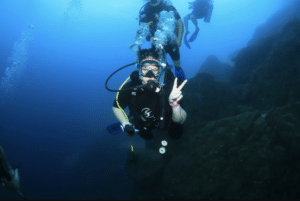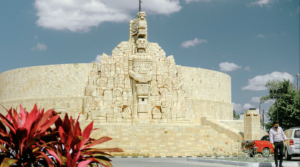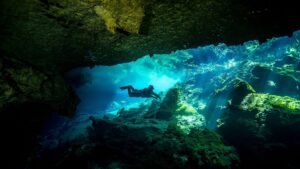As divers, we focus a lot on the time before and during the dive. We take the time to ensure our equipment is in good condition and our certifications and dive logs are ready.
Content:
But what happens after the dive? What happens after surfacing is just as important as the dive itself. Your actions post-dive can impact your health and safety.
Here are 5 things you should avoid doing immediately after diving:
Taking a Flight
There are many high-altitude activities to steer clear of after a dive, but taking a flight is perhaps the most crucial.
When we ascend in a plane, altitude increases, causing the air pressure to drop. This can lead to rapid expansion of the nitrogen accumulated during the dive (similar to rapid ascent during diving), causing Decompression Sickness (DCS).
Waiting for the correct time before flying reduces nitrogen in your body and minimizes the risk of DCS. DAN advises:
- For a single no-decompression dive, wait at least 12 hours before flying.
- For multiple dives per day or several days of diving, wait at least 18 hours before flying.
- For dives requiring decompression stops, wait at least 24 hours before flying.
Dive computers have a “no-fly” warning post-dive; it’s essential to follow your dive computer’s indication and wait until this warning turns off.
Other high-altitude activities to avoid within 24 hours after diving include:
- Skydiving
- Mountain climbing
- Paragliding
- Ziplining
- Snowboarding
- Hot air ballooning
Relaxing in a Jacuzzi
Gas solubility decreases as temperature rises, meaning that exposing your body to a hot environment, like a hot bath, Jacuzzi, sauna, or very hot shower, risks releasing dissolved inert gas in tissues, potentially causing symptomatic bubble formation in tissues.
According to DAN’s recommendations to reduce this risk:
- Wait 30 minutes before entering a Jacuzzi to allow your body to slowly warm up.
- Reduce the temperature of your Jacuzzi so your body doesn’t experience such a rapid heat increase.
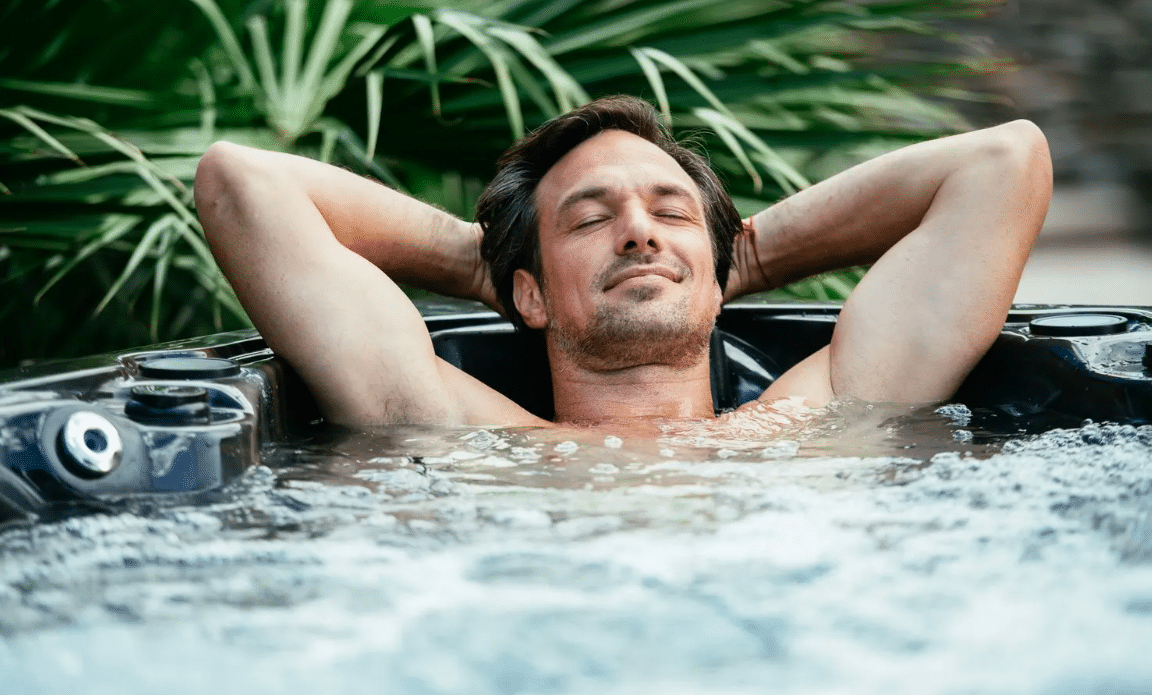
Excessive Drinking
This is a slightly controversial topic because enjoying a refreshing beer at sunset is a common tradition among divers.
However, drinking alcohol immediately after diving is not recommended.
Why? Alcohol can affect how our body eliminates excess nitrogen. Dehydration is a major cause of Decompression Sickness, and alcohol is one of the most efficient ways to dehydrate us.
Another important reason to avoid excessive drinking after diving is that being heavily intoxicated can mask the true symptoms of Decompression Sickness. This means that appropriate medical care might be sought too late.
To avoid issues, drink plenty of water – preferably with added electrolytes – before and after diving to combat dehydration. Above all, try to wait a few hours before drinking alcohol to prevent any mishaps.
Intensive Exercising
According to DAN, the consensus among researchers is to wait at least 4-6 hours before exercising after diving.
Physical exertion after diving, especially involving heavy use of muscles, joints, or rapid limb movements, could increase bubble formation in the body, escalating the risk of Decompression Sickness.
Some examples of exercise include:
- Weightlifting
- Swimming
- Running
- Playing sports like soccer or volleyball
- Even vigorous dancing!
The best advice is to plan both activities carefully. Of course, the longer the interval between diving and exercising, the lower the risk of DCS.
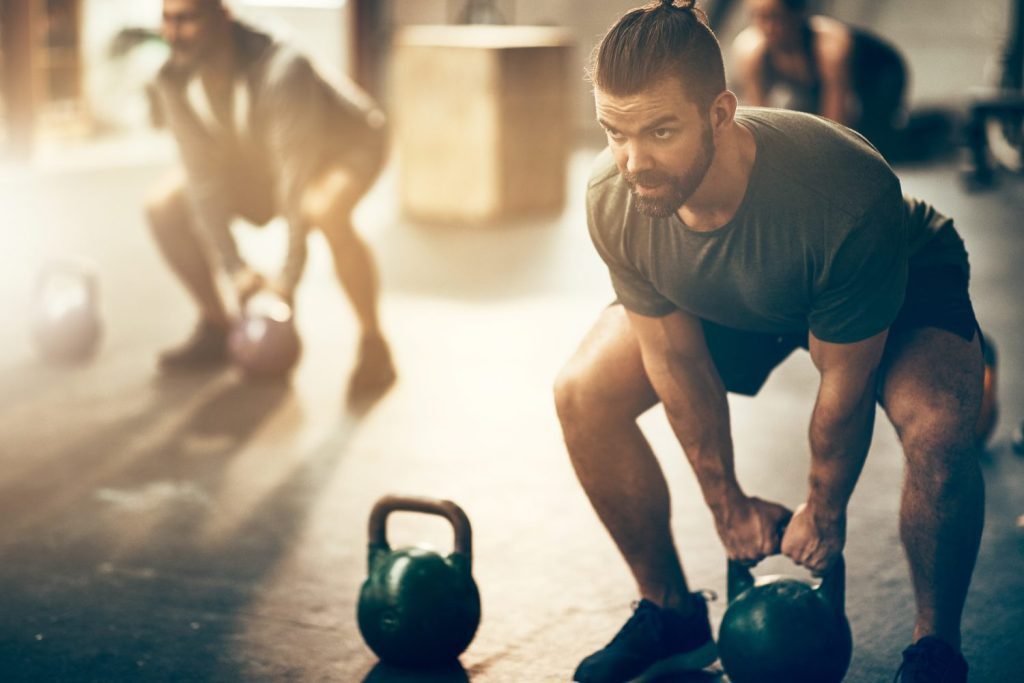
Deep Tissue Massage
Though there isn’t much evidence supporting this theory, many divers believe that a deep tissue massage right after diving could cause DCS. The recommendation is to avoid deep tissue massages for at least 12 hours after diving.
According to DAN, “Gentle massage has not been reliably associated with instances of DCS.”
However, there are two main concerns with deeper massages:
- Increased blood flow could cause bubble formation.
- Muscle soreness that might lead to a misdiagnosis (or delayed diagnosis) of Decompression Sickness (DCS).
Conclusion: Opt for a gentler massage post-dive, just to be safe.
Diving offers incredible experiences, but safety doesn’t end when you surface. By avoiding these post-dive activities, you can safeguard your well-being and ensure a safer and more enjoyable diving experience.
Remember, safety is paramount both underwater and on the surface.
